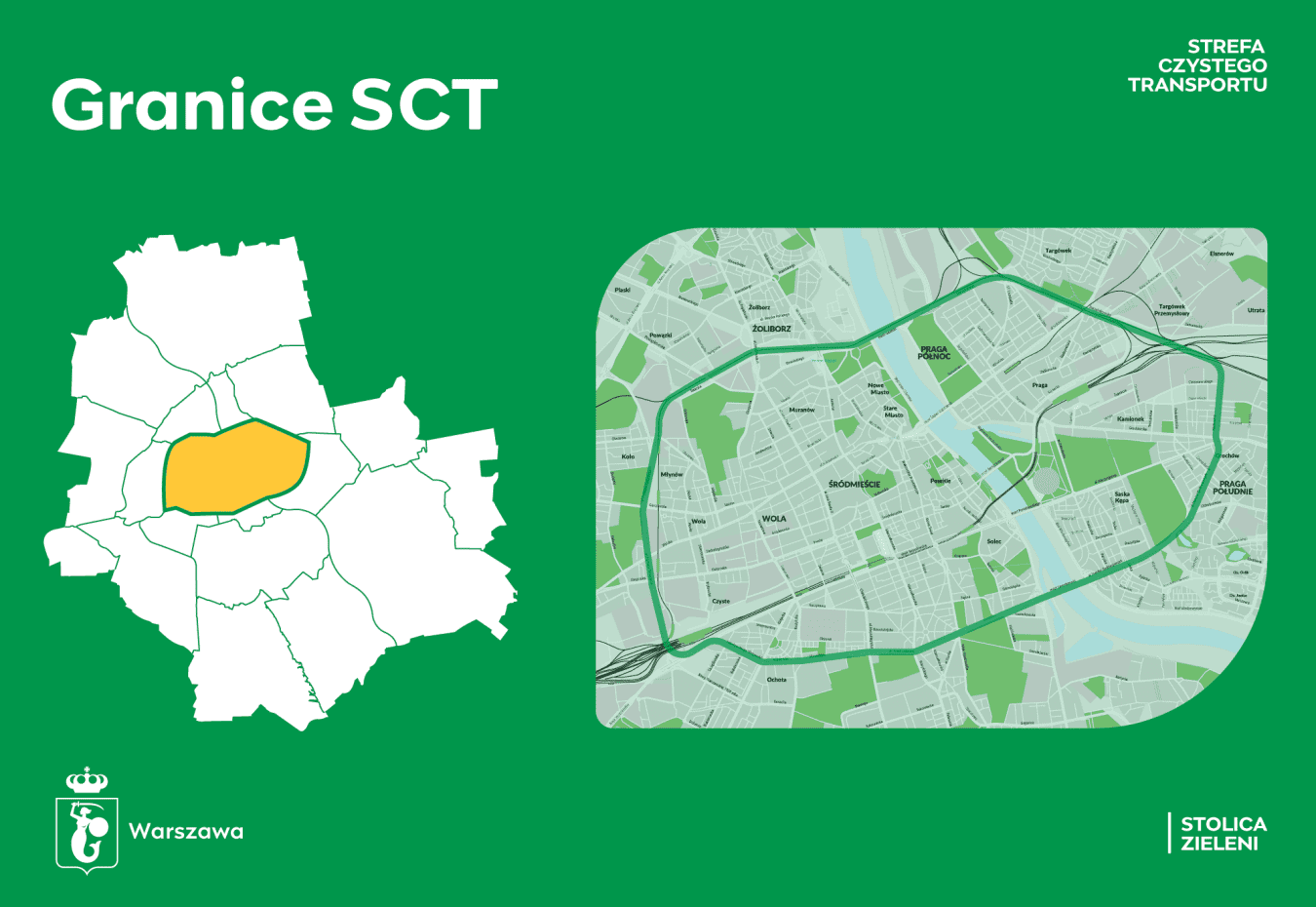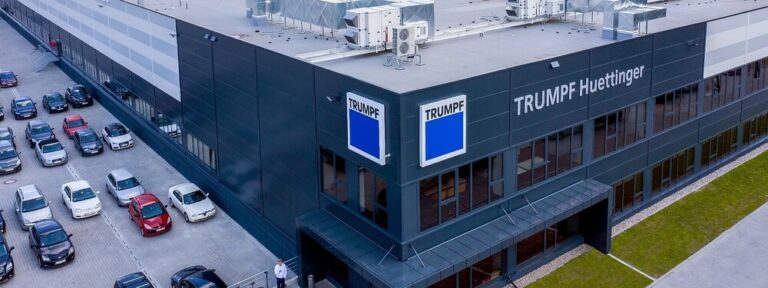Clean Transport Zone in Warsaw
From 1 July 2024 diesel cars over 18 years old and petrol cars over 27 years old are banned from Warsaw centre. This is the first such measure implemented in Poland.
The Clean Transport Zone (Strefa Czystego Transportu) covers an area of 37 sq.m. representing 7% of the city. It includes the entire Śródmieście district at the heart of Warsaw, as well as parts of the adjacent Wola, Ochota, Saska Kępa, Grochów and Praga. The city authorities have launched a website allowing to check if a car is among the banned ones, claiming that only 3% are affected. Exceptions are allowed for senior or disabled drivers, companies that have registered office or pay taxes in Warsaw, as well as historical and special-function cars. By 2032 the care age thresholds will be lowered in the next stages of the project to ban diesel cars older than 11 years and petrol older than 17 years. The aim of the bans is to reduce the negative impact of transport emissions on human health and natural environment. The city hall estimates that excluding only 3% of vehicles the first stage of the project will already significantly reduce harmful substances in the air, with nitrogen oxide (NOx) expected to fall by 11% and particulate matter (PM) by 20%. By the time the measures are fully introduced in 2032, the city calculates that this will result in 80% reduction in NOx and 69% in PM.







